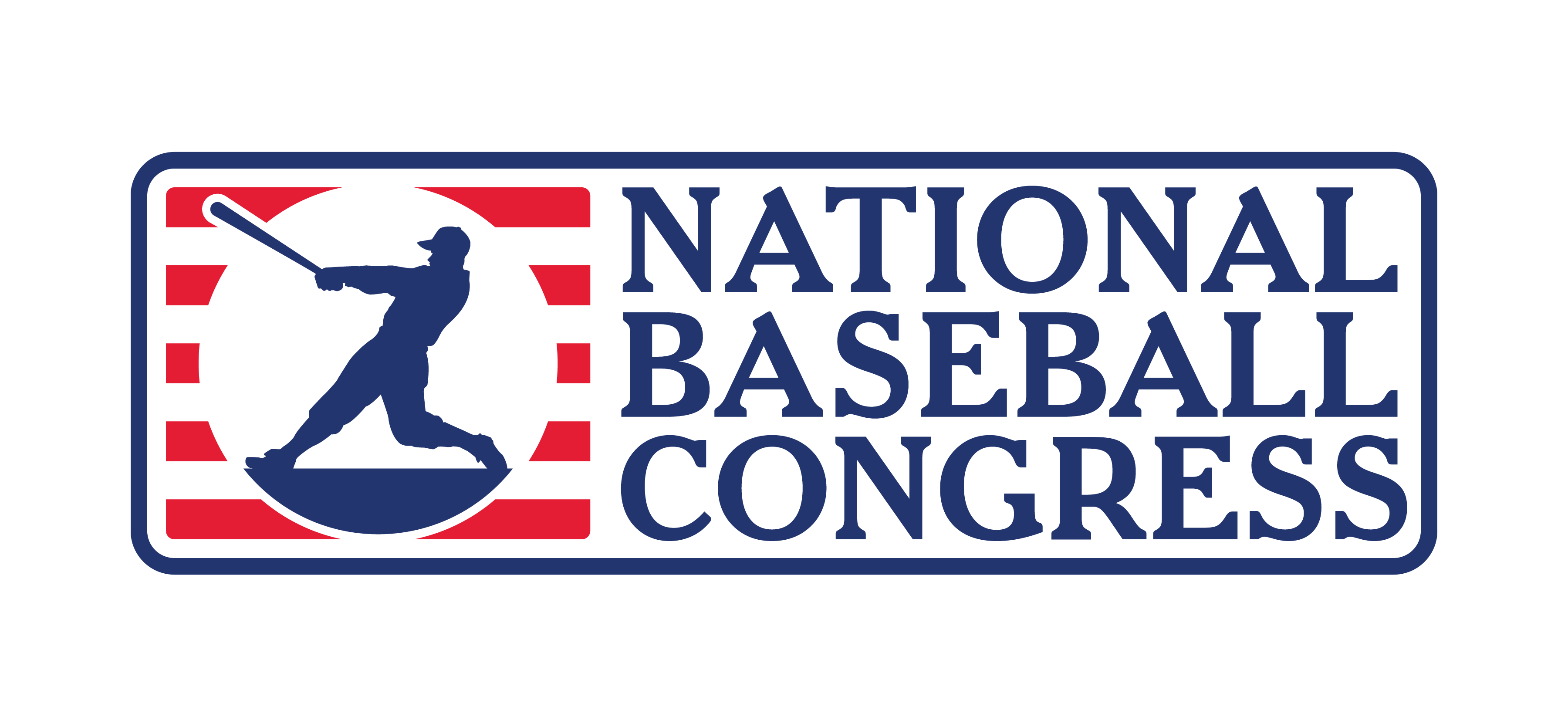MLB Pitch Clock Has Roots in Wichita’s National Baseball Congress
⋅
If you’ve been following Major League Baseball this spring one thing you’ve undoubtedly noticed is that baseball games are faster…much faster. With the introduction of the pitch clock this year, game times are down over 30 minutes from the 2022 season, as of mid-April.
According to Morgan Sword, Executive VP of Major League Baseball, in reference to the pitch clock “…it’s probably the biggest change that’s been made to baseball in most of our lifetimes.”
WHAT YOU MOST LIKELY DON’T KNOW, is that sixty-one years before MLB implemented the “biggest change of our lifetimes”, it was Raymond “Hap” Dumont and the National Baseball Congress who first instituted a 20-second timer with penalties for infractions.
The 20-second pitch clock had technically been in the MLB rule book since 1901, but Dumont’s announcement in January 1962 for the National Baseball Congress’ annual tournament marked the first time that a pitch clock would be enforced in organized baseball.
Dumont and his team worked with Timex to install a timer on the scoreboard prior to the ‘62 tournament in Wichita. If a pitcher failed to deliver a pitch within 20 seconds of receiving the ball back from the catcher a horn would sound and a “ball” would be called. Hitters were timed as well. They had 20 seconds to be in the batter’s box after the previous batter had either made an out or reached base, and a “strike” was called on the batter if they were tardy.
Dumont, as he always did, added his own flair to the pace of play initiative, instituting a 90-second clock between innings as well. For Dumont, the quicker pace meant that more games could be played in the tournament, which meant more money for Dumont and tournament stakeholders.
Of the 64 games during the 1962 tournament, only 14 violations occurred and according to Dumont game times were slashed by 25 minutes.
There was one slight hiccup. During a quarterfinal game, rain short-circuited the timer rendering it unusable. That game, between the Ocala Merchants (FL) and Grand Rapids Sullivans (MI), lasted three hours and 12 minutes.
After drawing rave reviews from players, managers, scouts and fans, Dumont predicted that within two years Major League Baseball would adopt his timer.
Turns out he was only off by 59 years.

